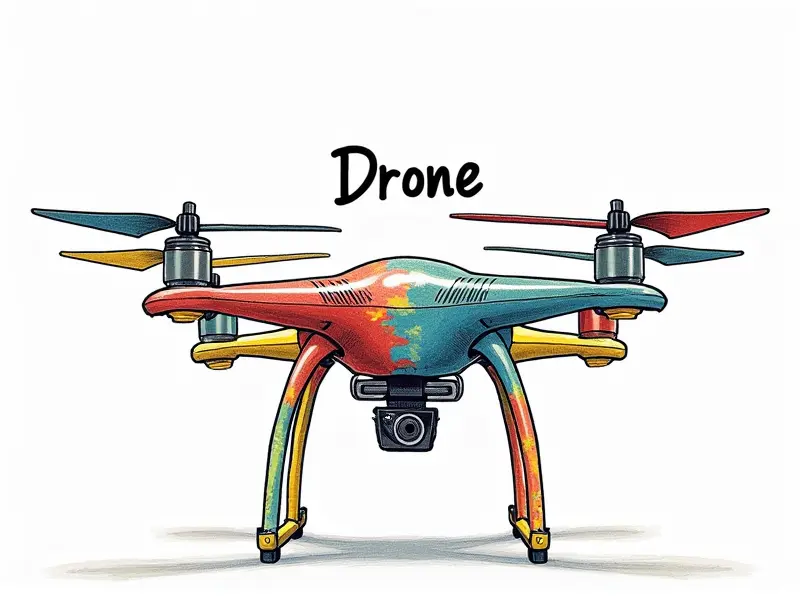RC helicopter weight?

RC Helicopter Weight: Optimal Range and Impact on Performance
When it comes to remote-controlled (RC) helicopters, one of the most critical factors affecting their performance is weight. The right balance between weight and stability can significantly enhance flight time, maneuverability, and overall enjoyment. This comprehensive guide delves into why RC helicopter weight matters, optimal weight ranges, and tips for achieving a perfect balance.
Why RC Helicopter Weight Matters
The weight of an RC helicopter directly impacts its performance in several ways:
- Flying Duration: A lighter heli can stay airborne longer due to reduced battery consumption.
- Maneuverability: Lighter weights allow for more agile and responsive movements, making it easier to execute complex maneuvers.
- Lift Capability: Heavier helicopters require stronger motors and blades to generate sufficient lift, which can limit their performance.
Optimal Weight Range for RC Helicopters
Determining the optimal weight range depends on various factors such as size, motor power, battery capacity, and intended use. Generally:
- Micro Heli (under 50g): These are extremely lightweight models designed for indoor flight.
- Micro to Mini (50-150g): Suitable for both indoor and outdoor use, offering a good balance between maneuverability and stability.
- Midsize (150-300g): Ideal for advanced pilots looking for more robust performance in various conditions.
- Larger Models (>300g): Designed for experienced users who require durability and power for outdoor flights.
Light vs Heavy: RC Helicopter Weight Guide
Selecting between light and heavy models depends on your specific needs:
- Lightweight Models: Perfect for beginners, indoor flying, or those prioritizing battery life.
- Heavyweight Models: Best suited for experienced pilots requiring durability, power, and stability in challenging conditions.
RC Helicopter Weight Impact on Flight Time
The lighter the helicopter, the longer it can fly without compromising performance. However, extremely light models may sacrifice some features like camera quality or wind resistance capabilities.
Tips to Reduce RC Helicopter Weight
- Use Lightweight Materials: Opt for components made from carbon fiber or lightweight plastics instead of metals.
- Remove Unnecessary Accessories: Strip down the heli by removing extra parts like cameras, GPS modules, and additional batteries.
- Select Smaller Batteries: Use smaller capacity batteries for shorter flights to reduce weight.
Balancing Weight and Stability in RC Helicopters
Maintaining a balance between weight and stability is crucial. While lighter helis are more agile, they may be less stable in windy conditions or during high-speed maneuvers:
- Adjust CG (Center of Gravity): Properly positioning the center of gravity ensures optimal flight dynamics.
- Select Appropriate Motors and Blades: Choose motors and blades that provide sufficient power without adding unnecessary weight.
Common RC Helicopter Weight Issues Solved
Frequent issues related to helicopter weight include poor lift, short flight times, and reduced maneuverability. Addressing these problems involves adjusting the heli's components:
- Poor Lift: Increase motor power or blade size.
- Short Flight Times: Opt for higher capacity batteries if weight is not a concern, or reduce overall weight by removing accessories.
- Reduced Maneuverability: Lighten the heli while ensuring it remains stable in flight.
Lightest RC Helicopters Under 50g
The lightest models are ideal for indoor flying and beginner pilots. Examples include:
- HobbyZone Micro X: Weighing around 36g, this model is perfect for learning basic flight skills.
- FPV Racing Helis: These micro helis often weigh less than 50 grams and are designed for fast indoor racing.
Best Micro RC Helis: Weight Guide
Micro RC helicopters offer a great balance between weight and performance. Key models include:
- HobbyKing X6: Weighing around 50 grams, this model is popular for its durability and maneuverability.
- TBS Discovery: Around 70g, it offers a robust build with excellent flight characteristics.
How Much Does an RC Helicopter Weigh?
The weight of an RC helicopter varies widely depending on its size and intended use:
- Micro Heli (under 50g): Typically weighs between 30-49 grams.
- Micro to Mini (50-150g): Ranges from 50-149 grams, suitable for both indoor and outdoor use.
- Midsize (150-300g): Weighs between 150-299 grams, ideal for advanced pilots.
- Larger Models (>300g): Heavier models exceeding 300 grams are designed for durability and power.
The Impact of Weight on RC Helicopter Performance
A well-balanced weight-to-stability ratio ensures optimal performance in all aspects:
- Flying Duration: Longer flight times with lighter models, balanced by sufficient battery capacity.
- Lift Capability: Ensuring adequate lift for the heli's size and motor power.
- Maneuverability: Achieving agile movements through proper weight distribution and component selection.
Conclusion
The right balance between weight and stability is crucial in maximizing RC helicopter performance. By understanding the optimal weight range, you can enhance flying duration, lift capability, and maneuverability while ensuring a stable flight experience. Whether you're a beginner or an experienced pilot, paying attention to these factors will elevate your RC helicopter adventures.

